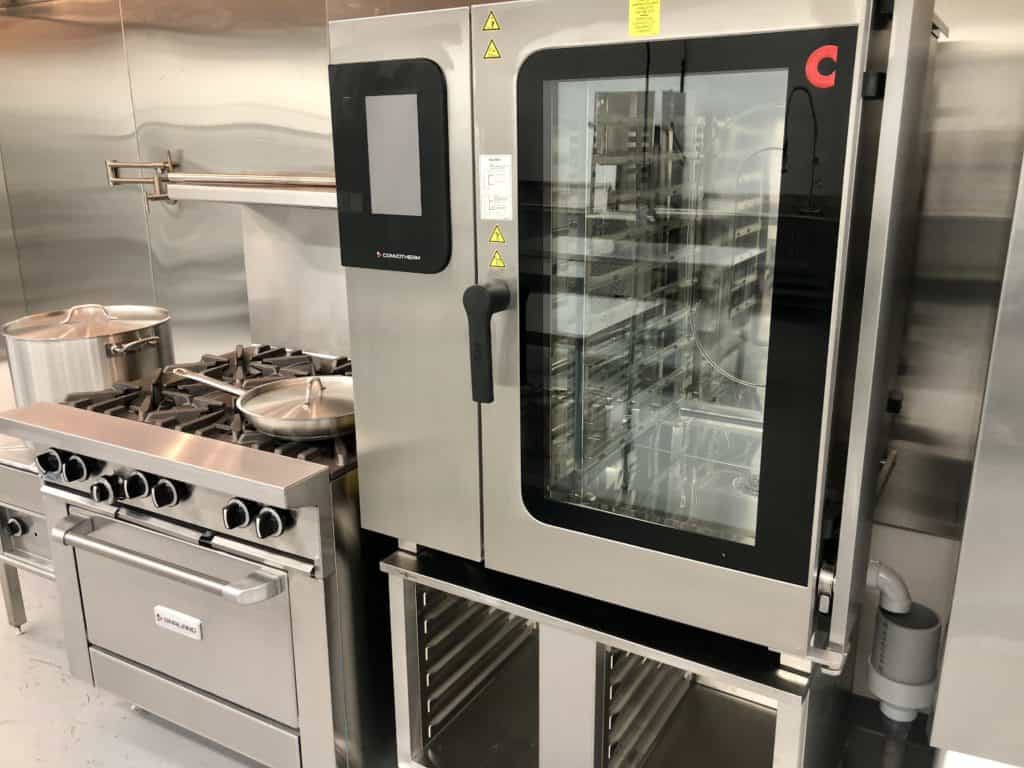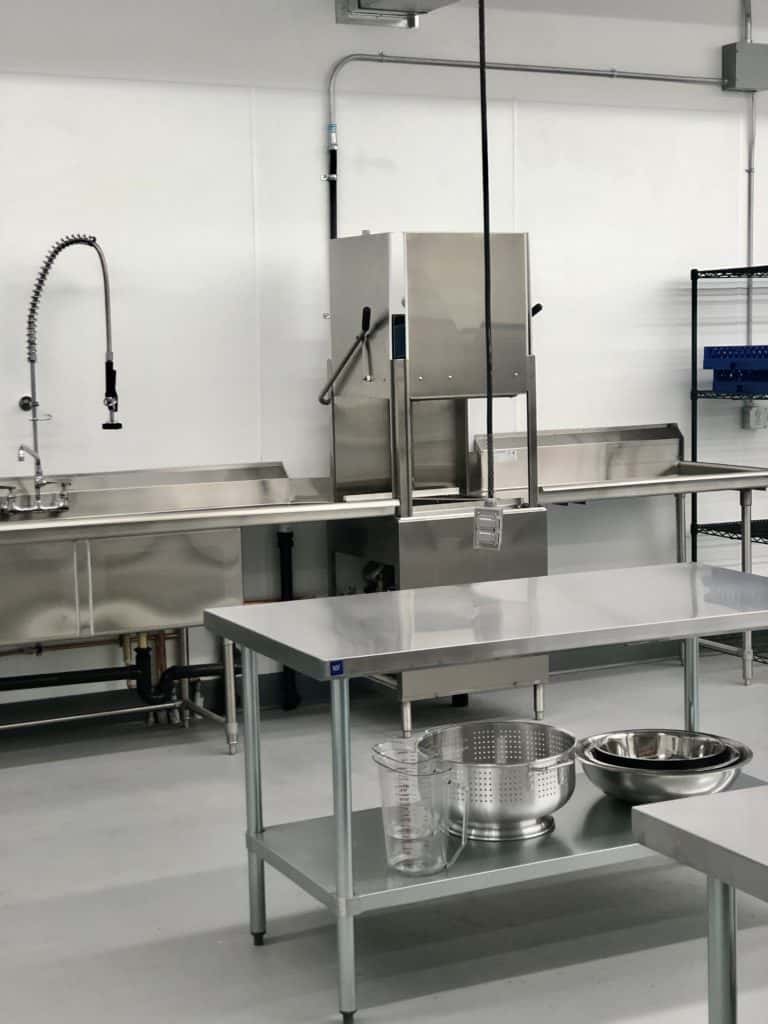Sprout Kitchen will support micro and small food growers and producers
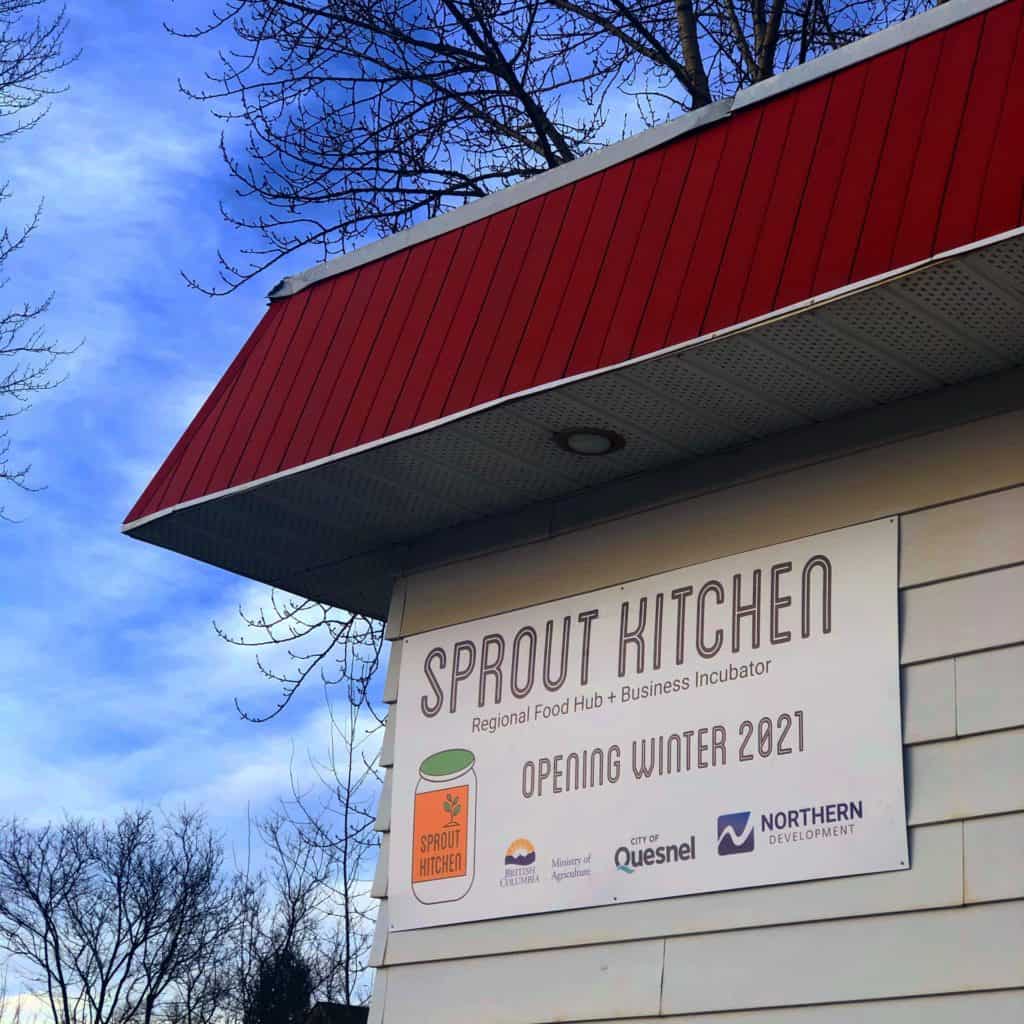
Photo credit: City of Quesnel/Sprout Kitchen
In May 2020, Northern Development approved a $250,000 grant through its Economic Diversification Infrastructure program to the City of Quesnel for a new food innovation hub, to be known as Sprout Kitchen. The project will see Sprout Kitchen spring to life, with extensive renovations that will help ensure quality food items are being safely handled and produced.
“Sprout Kitchen will benefit the people of the Cariboo through quality, locally grown food, job creation and the promotion of the region’s agricultural opportunities” said Amy Reid, manager of economic development and tourism, City of Quesnel. “Local food systems retain wealth and grow the local economy by supporting local producers and fostering community engagement – both have a positive ripple effect on local economies.”
The food hub will be the newest member of an inter-connected network of food hubs in the province, including the Core Food Innovation Centre at the University of British Columbia. B.C.’s food hub network provides food growers and producers, beverage and natural health product entrepreneurs with the expertise, resources and tools to innovate and commercialize their products to start or expand their local business. It also creates a more localized food sector which directly increases the number of farm-to-institution products that are available for regional hospitals, universities, care homes and others.
“As the voice for businesses in West Quesnel, we support the creation of Sprout Kitchen, which will diversify the local and regional economy,” said Laurey-Anne Roodenburg, executive director, West Quesnel Business Association. “The local economy was hit hard from the recent mill closures and shift curtailments in the forestry sector, which resulted in the loss of hundreds of jobs. These job losses showed us that the diversification of our local economy is extremely important to the health of our population and it is more relevant than ever before.”
Photos: City of Quesnel
Once fully operational later this year, Sprout Kitchen will offer new and existing food businesses and community groups access to shared processing and testing equipment, food business advisory services, product development services, analytical services, applied research opportunities and education and training related to food processing and food safety. Their service region will span from Vanderhoof to 100 Mile House.
